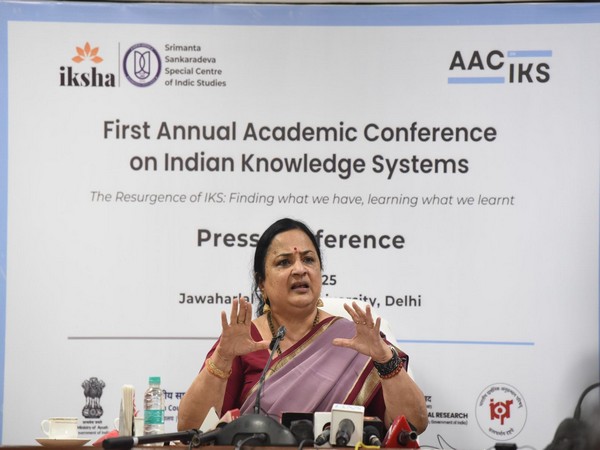The Misunderstood Architect of India's Early Foreign Policy: Panikkar's Legacy
Jawaharlal Nehru and KM Panikkar, India's early political figures, are often criticized for their policies, particularly regarding China. Shivshankar Menon, former NSA, highlights that history judged them with hindsight, while they worked with limited information amidst chaos. Despite controversies, Panikkar foresaw challenges in China's nationalism.

- Country:
- India
Jawaharlal Nehru, India's first prime minister, and ambassador KM Panikkar continue to face criticism for their handling of foreign policies, particularly with China, according to former National Security Advisor Shivshankar Menon.
Speaking at an event for historian Narayani Basu's biography launch, Menon argued that Panikkar's diplomatic efforts were marred by historical hindsight while navigating uncertain times. Nehru, similarly criticized for the 1962 debacle, had limited options, and their inability to defend themselves now makes them convenient scapegoats.
Appointed as ambassador to China in 1948, Panikkar's tenure coincided with the tumultuous Communist takeover. Despite the controversies, Menon believes Panikkar's foresight in recognizing emerging Chinese nationalism demonstrates his diplomatic acumen, a quality often overlooked by critics.
(With inputs from agencies.)
ALSO READ
Secret Diplomacy: Moshe Dayan's Clandestine Mission to India in 1977
Modi's Strategic Diplomacy: UK and Maldives Visits
Drone Diplomacy: Tensions Rise Between South and North Korea
India's foreign policy has 'failed', no country supported it on Operation Sindoor, says SP leader Ram Gopal Yadav after all-party meeting.
Secret Diplomacy: Moshe Dayan's Covert Mission to India










